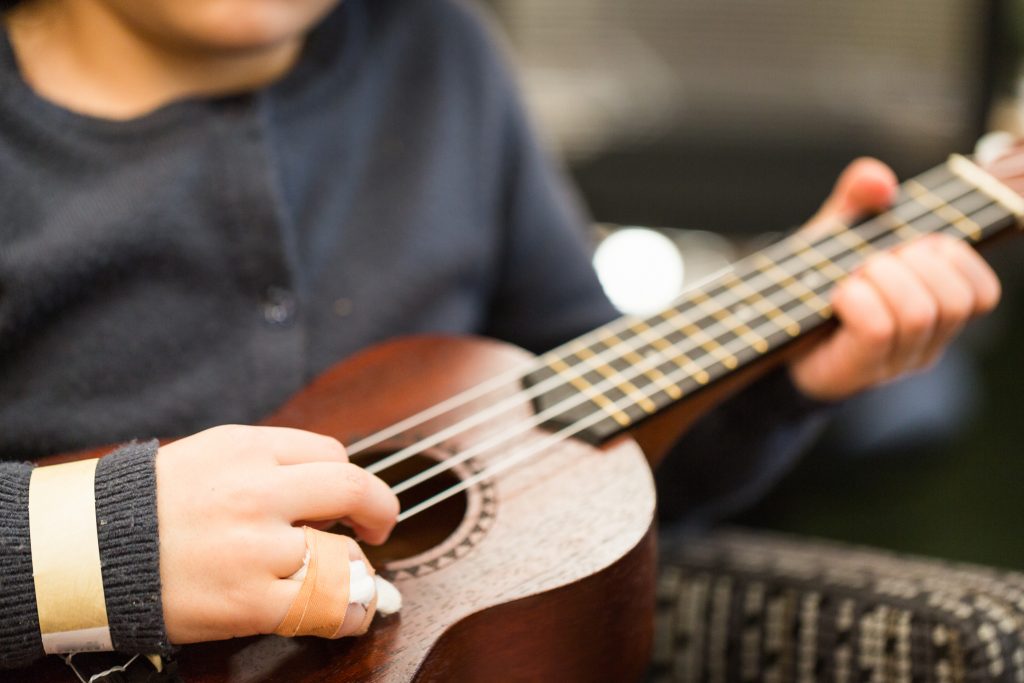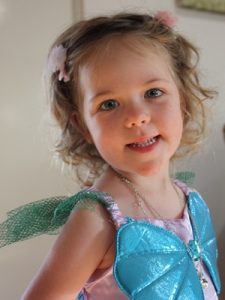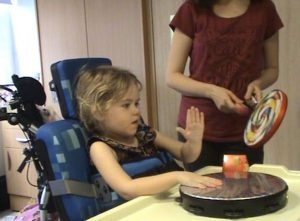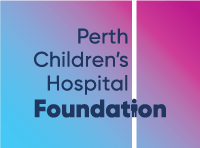
Music Therapy
- Perth Children's Hospital Foundation
Music Therapy
- Perth Children's Hospital Foundation

After a terrifying tiger snake bite and an initial admission at Bunbury Hospital, three and a half year old Anika was transferred to the Intensive Care Unit at Princess Margaret Hospital in September 2015.
As a result of the bite, Anika developed two conditions: extreme rhabdomyolysis which is the breakdown of muscle cells, and a depletion of some of her neurotransmitters which left her paralysed and unable to communicate. It was a very difficult and frightening time for Anika’s family as they were unsure if Anika’s ability to move and communicate would be permanently affected.
It was three weeks into her stay in Intensive Care when Anika was first exposed to music therapy twice a week with Music Therapist, Karen Twyford (pictured above).
The addition of the Perth Children’s Hospital Foundation Music Therapy Program in 2015 as part of the acquired brain injury and neurological rehabilitation services offered at Princess Margaret Hospital, helped patients in a range of ways.
Significant improvements in motor, communication, language and cognitive skills were noted by the Allied Health team. Karen Twyford explains that music therapy also helps the emotional rehabilitation of many children.
“It is very distressing for families to see their children who may have been perfectly healthy, suddenly develop a brain or neurological condition.
Music therapy helps give the children a welcome distraction but also gets them to engage with the music and the therapist and leads to further health improvements,” said Karen.

Music therapy was especially important in Anika’s recovery as she had a strong connection with music since she had been attending music classes before her admission.
“Music therapy is a wonderful and fantastic way to engage with children with brain injuries who otherwise might not respond or interact with clinicians. It was the first time that I saw Anika interact with anyone other than our family.” explains Rachel, Anika’s mother.
The way she was responding to the music gave us hope as we saw our little girl being her own self again.
“When I saw her responding to the music it gave me a great deal of relief and elation as we had been concerned about her and to see her brain functioning again was wonderful. I am not sure if anything other than music would have made such a big difference. Music therapy also helped to distract her from the pain and fear she was feeling. She became more responsive to the rest of her treatment and her health has improved significantly since,” Rachel continued.
We believe that all children like Anika deserve a chance to get better and we’re glad that thanks to your donations we are able to fund the music therapy program to help children like Anika.
